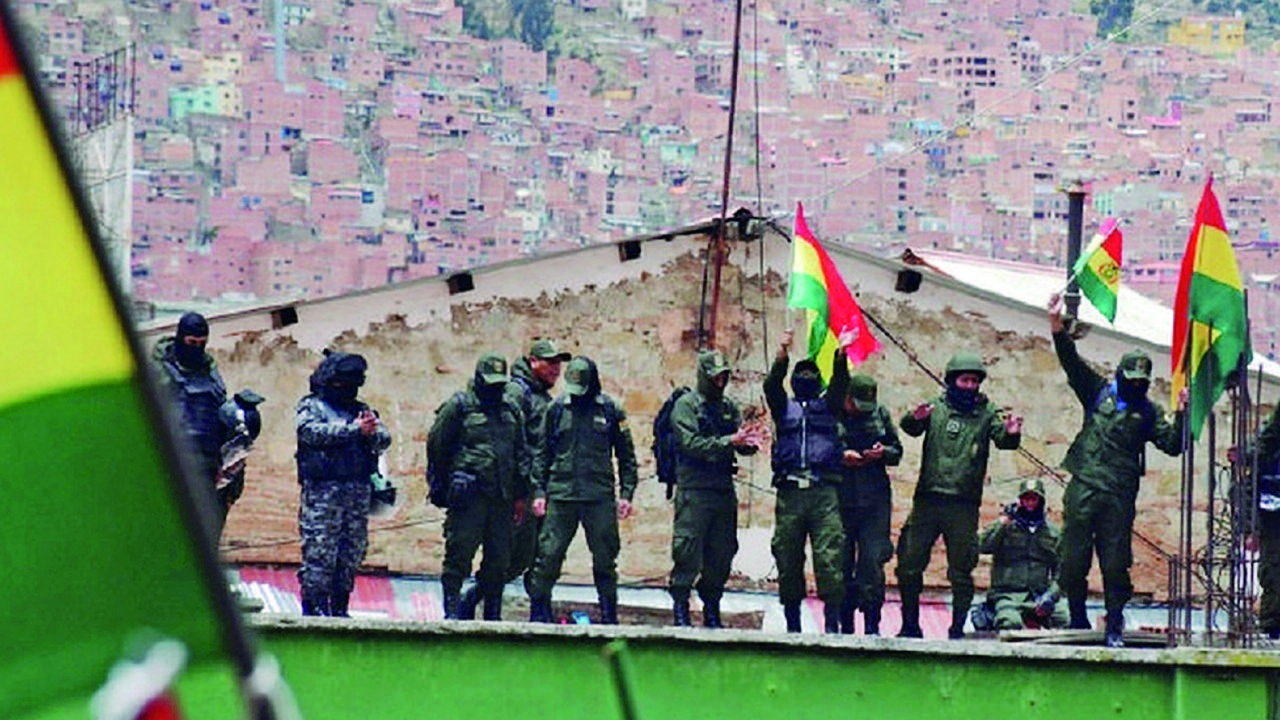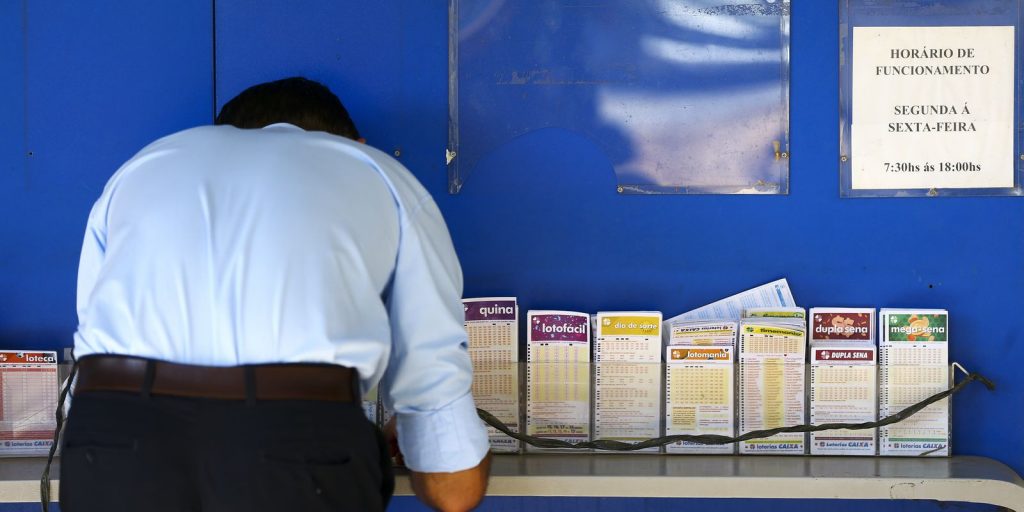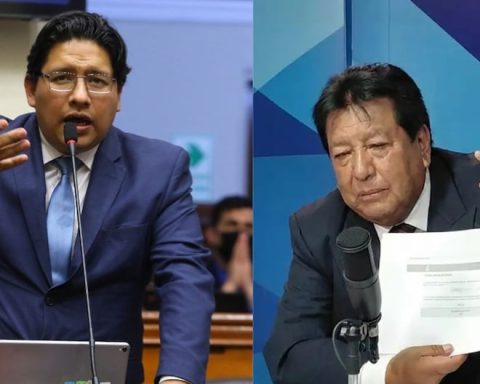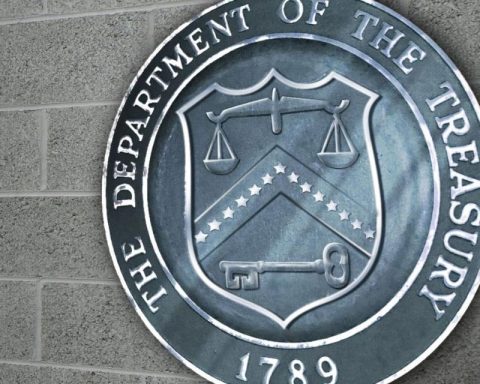Leny Chuquimia / La Paz
The United Nations Committee against Torture (CAT, for its acronym in English) urged Bolivia to carry out a judicial reform due to the lack of independence of this body. The recommendation came after 10 international experts reviewed the country’s human rights record.
The recommendations were made on various issues related to torture, which ranges in Bolivia from the investigation of the violent events of 2019-2020 to violence against women.
The report refers to “the lack of independence and autonomy of the Judicial Power and the Public Ministry, evidenced in judicial processes for sedition and terrorism against political opponents.” In section c it recommends: “Carry out an urgent reform of the justice system in order to guarantee its independence and respect for due process, in particular, adopting a law on the judicial career that guarantees professional stability, and reviewing the process of selection, evaluation and removal of judges, judges and prosecutors, according to public and objective criteria, based on merit. The necessary resources must also be guaranteed for the proper functioning of the judicial bodies ”.
“The CAT issued a report where a set of recommendations is made to the State. The most important reflection focuses precisely on the reform of justice. Like the GIEI and other international human rights organizations, it insists that justice in Bolivia is neither impartial nor independent. That is why he urges the State to carry out a reform, ”said Cedib’s human rights expert, Franco Albarracín.
He asserted that instead of promoting initiatives for judicial reform there are speeches and actions that show the intention of having total control. In his opinion, the advances come from the civil sector. It is that there is no progress on the issue by the Government
Another of the CAT recommendations, which was also issued by various international organizations, refers to the criminal offense of terrorism and sedition, which is vaguely ambiguous and does not comply with international standards. “It only has a political use.”
Andrés Gautier, from the Institute for Therapy and Research on the Aftermath of Torture and State Violence, stated that one of the recommendations that has not yet received a response from the State is the drafting of a law against torture that typifies this criminal type in accordance with the international categories. “Bolivia does not have a proper law. That is why its definition is recommended ”.
It added that in point 45, paragraph c, it states that all competent personnel must receive specific training that allows them to identify cases of torture. “He calls for mechanisms to prohibit torture be applied to migration personnel. It is a clear message that recognizes that there is ignorance on the subject deliberately or not. It is as if human rights are not part of justice ”.
“He stated that it is important that – in line with the GIEI report – emphasis is placed on the prompt and transparent investigation of the acts of torture in the conflicts of 2019-2020 and also during the military dictatorships.
They ask for transparency for the Ombudsman’s Office
However, the CAT considers that the interim leadership of the Ombudsman’s Office and the lack of transparency in the selection and appointment processes of directors and members of this institution, as well as the loss of Sepret personnel, could weaken its functioning and independence.
The report indicates that the State must strengthen the institutional framework of the Ombudsman’s Office and guarantee the transparency of the selection processes of its directors and members.
Franco Albarracín stated that the temporary office of the current Ombudsman is not due to a negligence of the Government, but to the need to have control of this institution.
It should be remembered that the current Ombudsman, Nadia Cruz, was appointed by the Plurinational Legislative Assembly as interim Ombudsman on January 30, 2019. The appointment was made six days after the resignation of David Tezanos Pinto. He has been in office for more than two years and nine months so far and is expected to hold it until 2022.
The GIEI report observed the work of two departmental defense delegates in the 2019 conflicts, including that of Nelson Cox, current Vice Minister of the Interior Regime.
So far in his tenure, he questioned the excesses committed by the Police in different conflicts, an entity that is under his responsibility.
Photo: File / Page Seven.
In subparagraph c) of point 19 on human rights violations during the 2019-2020 crisis, it was urged to adopt the necessary measures to regulate the actions of the Police and the Armed Forces (Armed Forces) in accordance with strictly professional criteria. It indicates that with this the State must guarantee its subordination to the civil authorities.
“The committee recommends that the State party establish effective protocols that regulate the actions of the forces of order during social protests,” says part of the document.
The report expressed concern about the knowledge of cases of torture and ill-treatment in the armed forces, as well as the lack of transparency in the investigation of the complaints. It was observed that the Organic Law of the Armed Forces has not been adapted to the Constitution and international standards on human rights.
It was noted that the UN Committee against Torture became aware of reprisals against people who promote this reform in the armed forces.
















